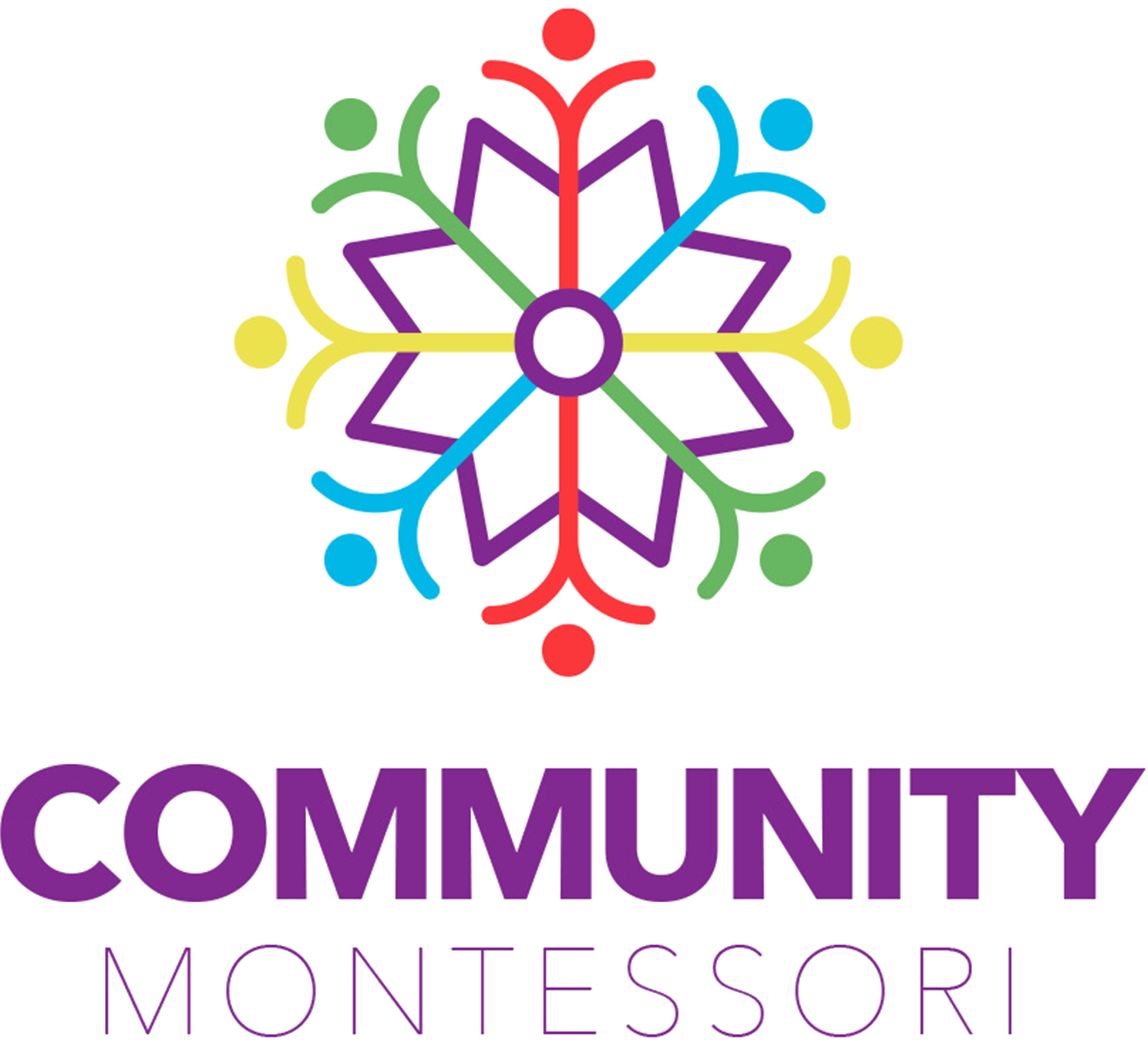
Dr. Maria Montessori founded the Montessori Method with the belief that children have an innate love of learning. Dr. Montessori spoke about an individual approach to teaching, understanding that every child is unique. Children work at different paces and are interested in different things and should be taught in a way that works with, not against, these differences. . Dr. Montessori said it was important to “follow the child”. The Montessori Method allows children to explore their interests, which fosters their inner motivation and allows them to work at their own pace.
“The goal of early childhood education should be to activate the child’s own natural desire to learn.”
-Maria Montessori
According to the Montessori Method, the Absorbent Mind is a child’s sponge-like capacity to absorb information and sensations from the world around it from birth to about age six. It’s a time of effortless learning. Babies are born without language, and with few skills beyond a basic survival instinct, yet, they quickly learn how to master tasks such as rolling, crawling, walking, and feeding themselves. They have the inner drive to learn these things all by themselves.
The Sensitive Periods are periods of time when a child’s interests are focused on developing a particular skill or knowledge area. The Sensitive Periods take place during the Absorbent Mind. The Sensitive Periods are order, movement, small objects, grace & courtesy, refinement of the senses, writing, reading, language, spatial relationships, music, and mathematics. The teacher knows and understands these periods and helps the child dive deeper into them, without interrupting this time of deep concentration, which allows the child learns at an intense rate.
“The Child who concentrates is immensely happy.”
-Maria Montessori
In a Montessori classroom, children have freedom, within limits. There are expectations to be followed, such as respect for yourself, respect for others, and respect for the environment. But we want them to follow their interests and choose work that speaks to them. Dr. Montessori often spoke about Independence. Cultivating independence in a young child is both necessary and empowering. Giving a child the gift of independence, we show them they are capable, and we value them. If we show that we trust them, it will be that much easier for them to trust themselves.
“Never help a child with a task at which he feels he can succeed.”
— Maria Montessori
The physical setting of a Montessori classroom is important. Dr. Montessori thought it essential to have child-sized furniture, as well as a beautiful, orderly environment. Shelves are neatly arranged with materials. Bringing the outdoors inside with plants in the classroom and having pets for the children to care for is part of the prepared environment, as well.
“The first aim of the prepared environment is, as far as it is possible, to render the growing child independent of the adult.”
-Maria Montessori
Montessori classrooms have a three-year age span. Pre-Primary is for ages 3-6, Lower-Elementary is for ages 6-9, Upper-Elementary is for ages 9-12, and Junior High is for ages 12-14. Having a mixed-aged classroom allows for the community to help one another. The young children can learn from the older children. The younger children enjoy learning from their peers and the older children gain confidence and self-esteem teaching their younger community members. The children do work for the joy of doing the work. Having this community of multi-aged learners helps boost creativity, allows for collaboration with others, produces critical thinkers, and enables children to think for themselves.
“The main thing is that the groups should contain different ages, because it has great influence on the cultural development of the child. This is obtained by the relations of the children among themselves. You cannot imagine how well a young child learns from an older child; how patient the older child is with the difficulties of the younger.”
-Maria Montessori